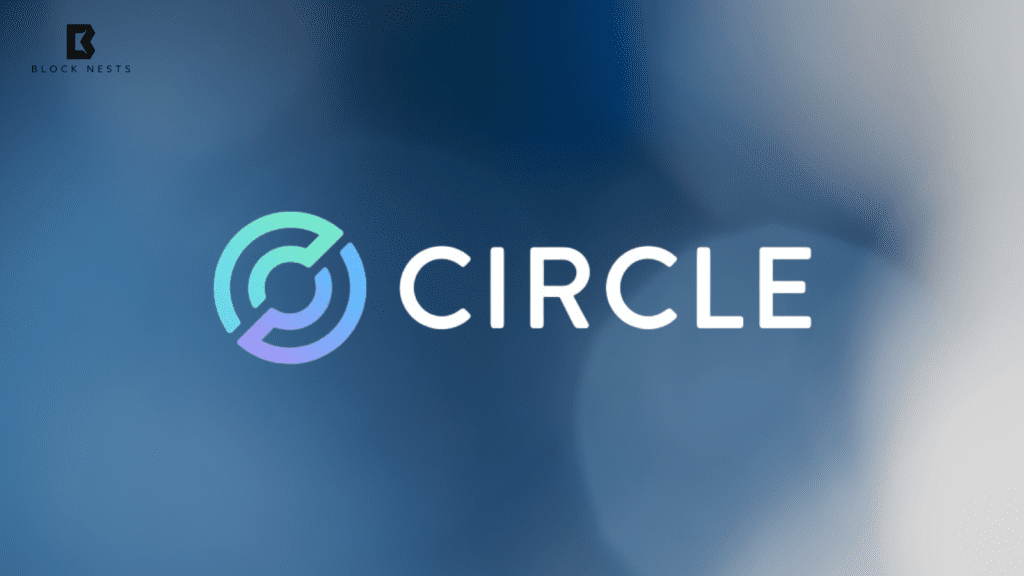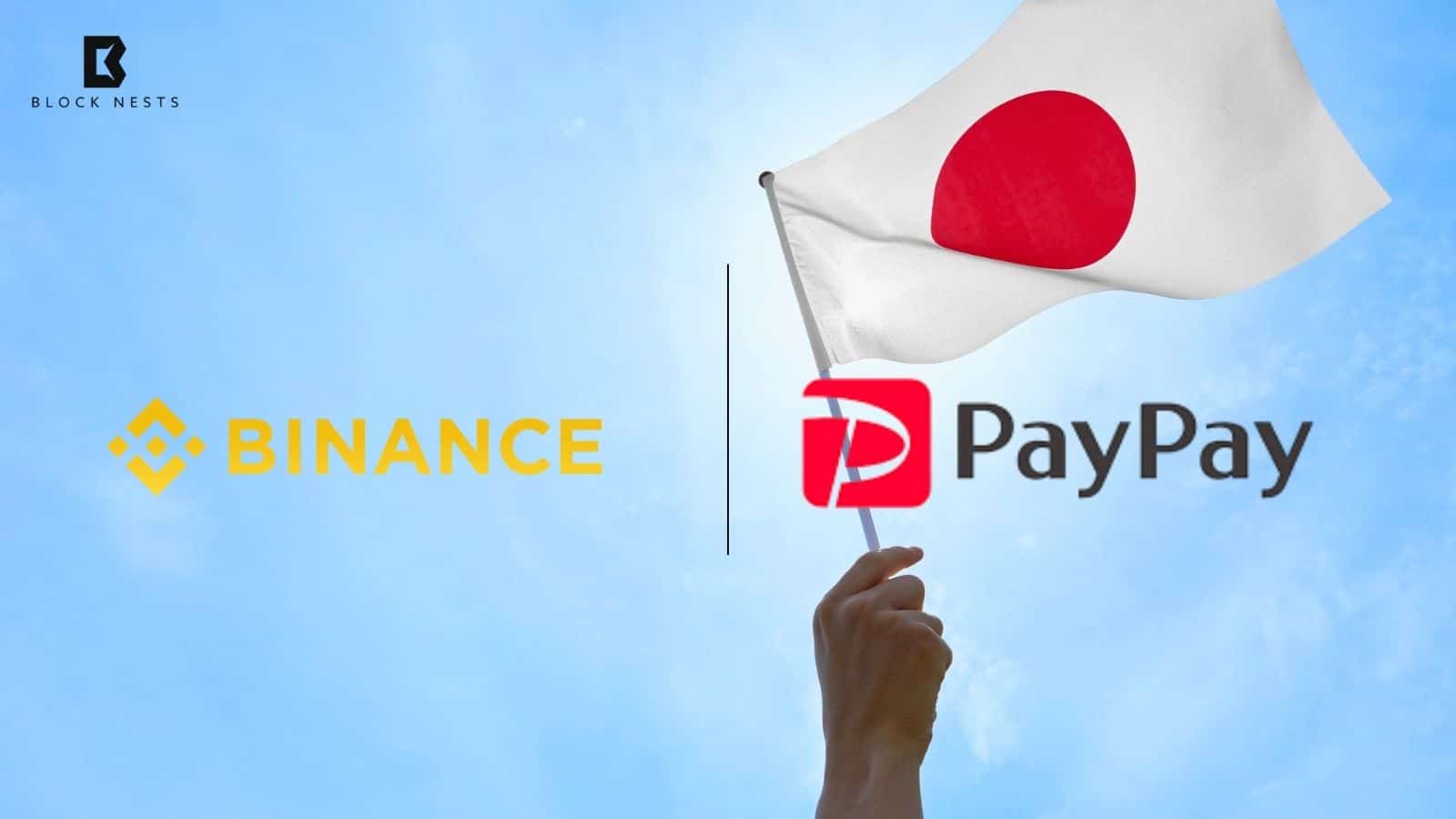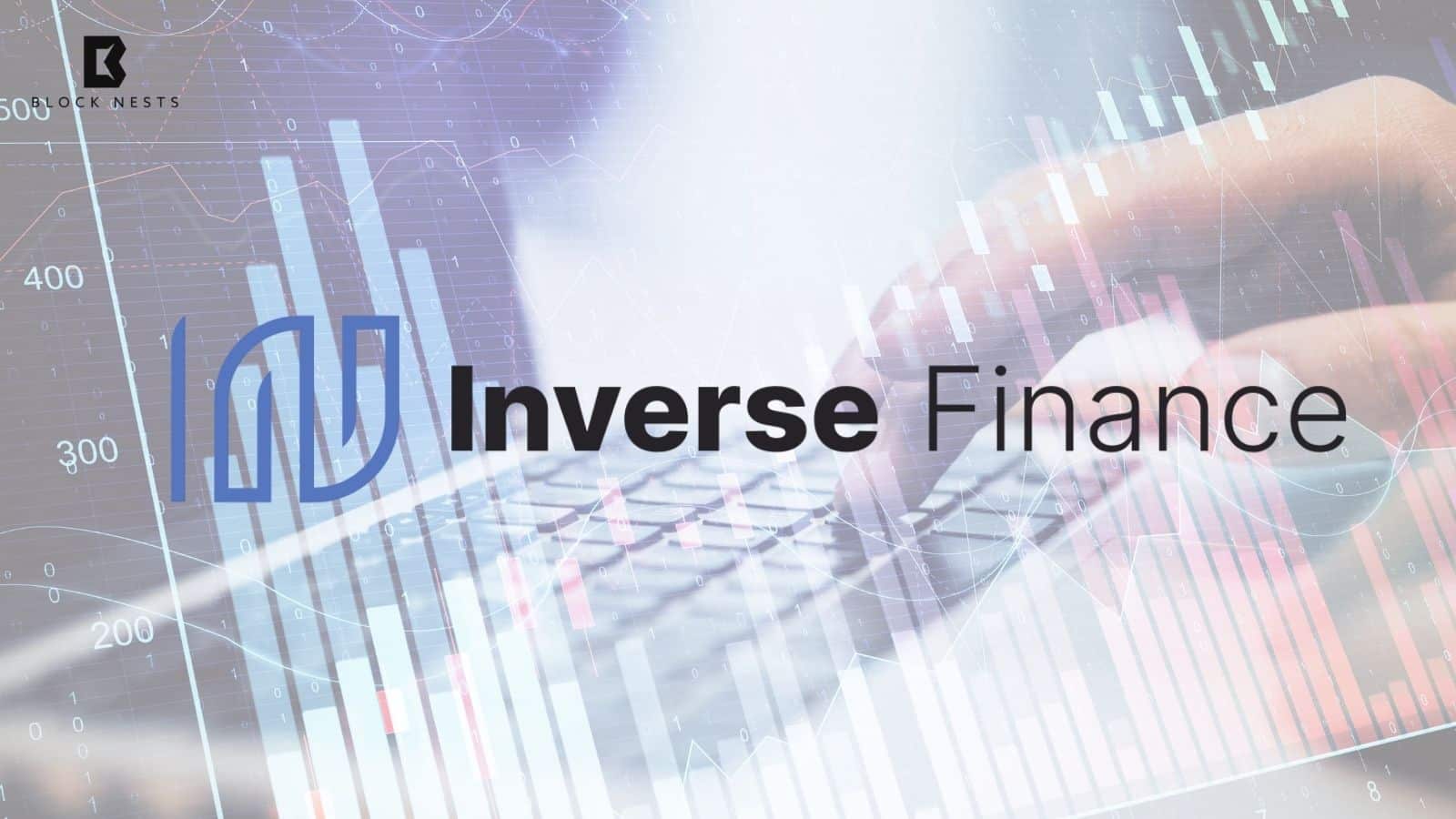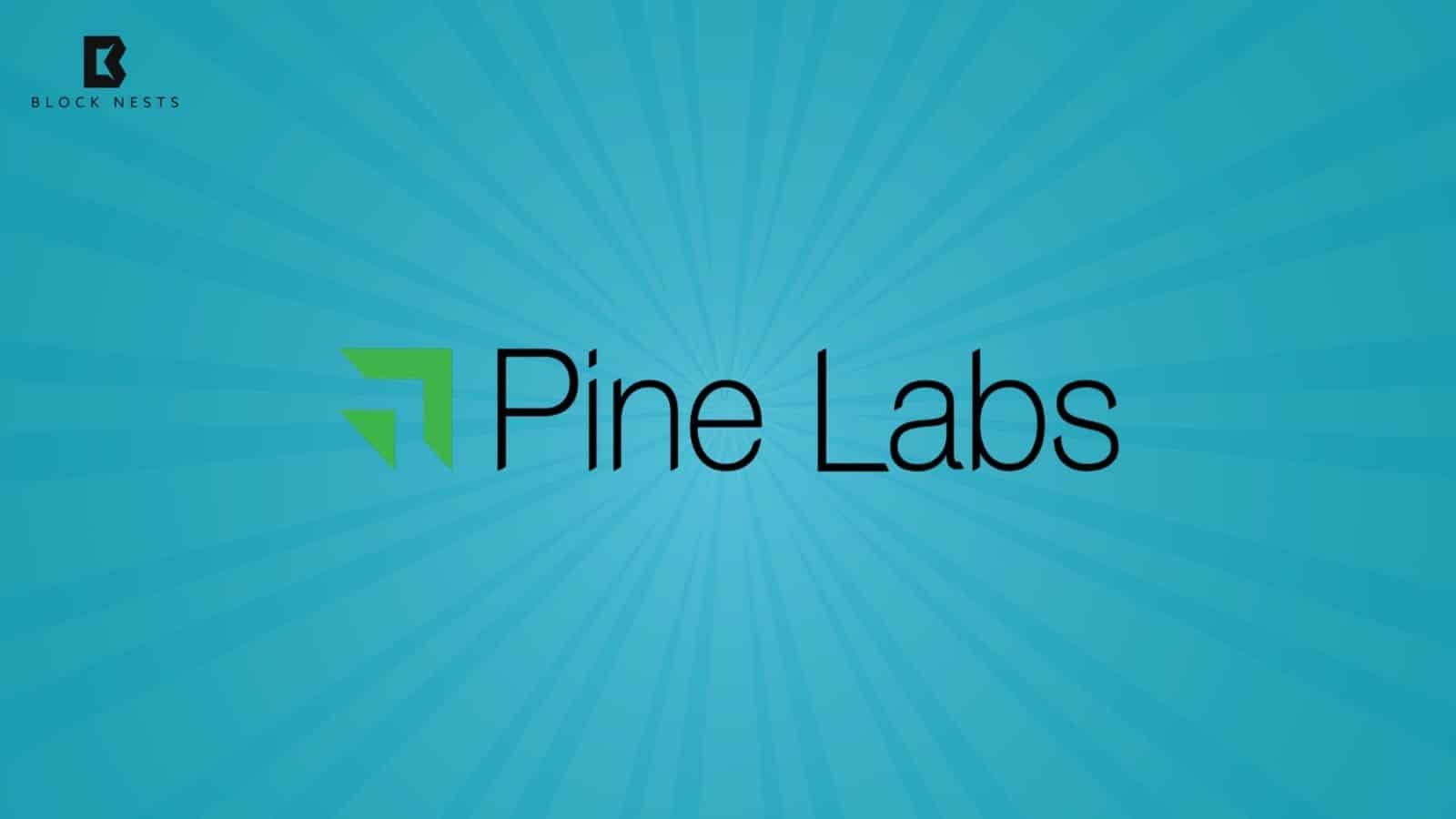- Circle is considered a steal deal by Palihapitiya, with Ripple and Coinbase eyeing a potential acquisition during the IPO.
- USDC dominates with 30% market share and 2.3 trillion dollars in transactions in May 2025, solidifying its leadership.
- Wall Street banks entry into stablecoins could challenge Circle, though its value has surged to 60 billion dollars.
Circle has become the center of attention in the cryptocurrency market after Ripple and Coinbase may purchase Circle, and Chamath Palihapitiya said it would be like getting a steal deal. His remarks come at a point when Circle is trying to raise $1.1 billion with an Initial Public Offering (IPO), and shares are being offered for $31.
According to Palihapitiya, buying Circle for $12–13 billion would still be a great deal down the road. He stated that Circle’s robust setup and forward-looking strategy regarding the GENIUS Act would likely enhance its value over time. Palihapitiya’s upbeat view on Circle’s future shows that stablecoins and the rules governing them are becoming more important.
It would be genius for Ripple or Coinbase to buy Circle.**
— Chamath Palihapitiya (@chamath) June 5, 2025
It looks like Circle’s IPO is 25x oversubscribed, valuing the company at around $7b. If someone can buy it for even $12-13b, that’s a steal, imo, for what this business could be worth in 20 years.
Circle has built the…
Currently, the market share of USDC, a stablecoin issued by Circle, stands at 30%, with a market capitalization of $60 billion. In May 2025, USDC’s transactions exceeded $2.3 trillion, demonstrating its status as a leading stablecoin. Even though rumors about a possible acquisition arose, Brad Garlinghouse, CEO of Ripple, rejected them, stating that there were no discussions between the companies.
Circle’s Regulatory Future
The comments Palihapitiya made triggered debate and different reactions in the industry. Scott Melker, a well-known crypto podcaster, stated that the success of company is tied to the way US regulators view Tether, one of the main competitors in stablecoins. Melker suggests that once approved by regulators, company could play a major role in the industry and overpower its competitors.
However, Arthur Hayes pointed out some possible risks to Circle’s leadership. Hayes pointed out that potential involvement by Wall Street banks could make Circle’s leadership in the market weaker. He pointed out that over the period from 2022 to 2024, Circle’s revenue had doubled. Mainly due to a rise in DeFi and payment services.
USDC’s value has grown considerably over the past two years, reaching $60 billion now, compared to only $3 billion in 2020. Currently, USDC trading is mainly done on the Ethereum blockchain, but Base Layer 2 by Coinbase is becoming more active. Although other companies have entered the market, company still plays a major role in stablecoins. And its upcoming changes could define the future of digital currencies.
How would you rate your experience?






